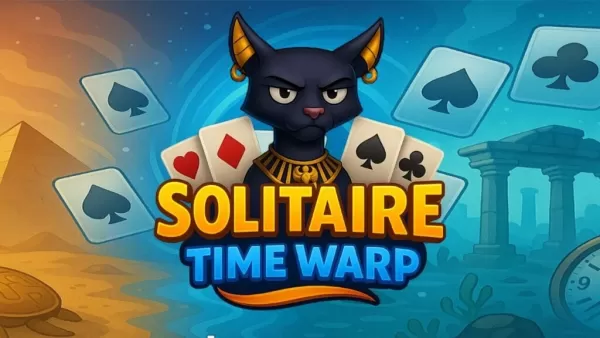Targeting Roblox Cheaters with Malicious Lua Scripts: A Growing Threat
A new wave of malware is targeting online gamers, particularly those seeking unfair advantages through cheat scripts. This malicious software, written in the Lua scripting language, is impacting players globally. Let's explore how this attack unfolds and its implications.

The Lure of Cheats and the Trap of Malware
The desire for an edge in online games is being exploited by cybercriminals. They distribute malware disguised as cheat scripts, leveraging the popularity of Lua within gaming engines and the prevalence of cheat-sharing communities. As noted by Morphisec Threat Labs’ Shmuel Uzan, attackers use "SEO poisoning" to make their malicious websites appear legitimate. These deceptive scripts, often disguised as GitHub push requests, target popular cheat script engines like Solara and Electron, frequently associated with Roblox. Fake advertisements further lure unsuspecting users.

Lua's Deceptive Simplicity
Lua's ease of use—even described as learnable by children by FunTech—is a key factor in this attack. Its use in games like Roblox, World of Warcraft, Angry Birds, and Factorio makes it an attractive target. The malware, activated through a malicious batch file, establishes communication with a command-and-control (C2) server. This server can then retrieve information about the infected machine and download additional malicious payloads. These payloads pose serious risks, including data theft, keylogging, and complete system compromise.

Roblox: A Prime Target
Lua-based malware has infiltrated Roblox, a game development platform where Lua is the primary scripting language. Despite Roblox's security measures, hackers exploit the platform by embedding malicious scripts in third-party tools and fake packages, such as the infamous Luna Grabber. The ability for users to create their own games, often using Lua scripts, creates a significant vulnerability. Malicious scripts are hidden within seemingly harmless tools like the "noblox.js-vps" package, which, according to ReversingLabs, had 585 downloads before being identified as carrying Luna Grabber.

Consequences and Caution
While there's little sympathy for cheaters online, the consequences of this malware extend beyond game disruption. The risk of data theft and system compromise far outweighs any temporary advantage gained through cheating. While complete online safety is impossible, this surge in disguised malware highlights the need for robust digital hygiene. The allure of cheating simply isn't worth the potential damage.

















